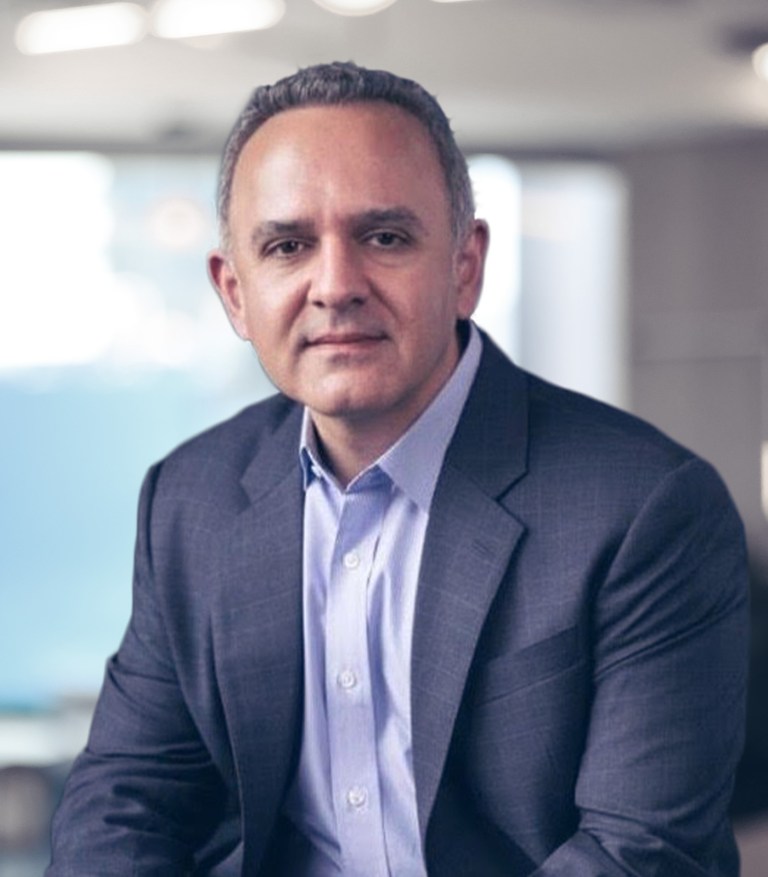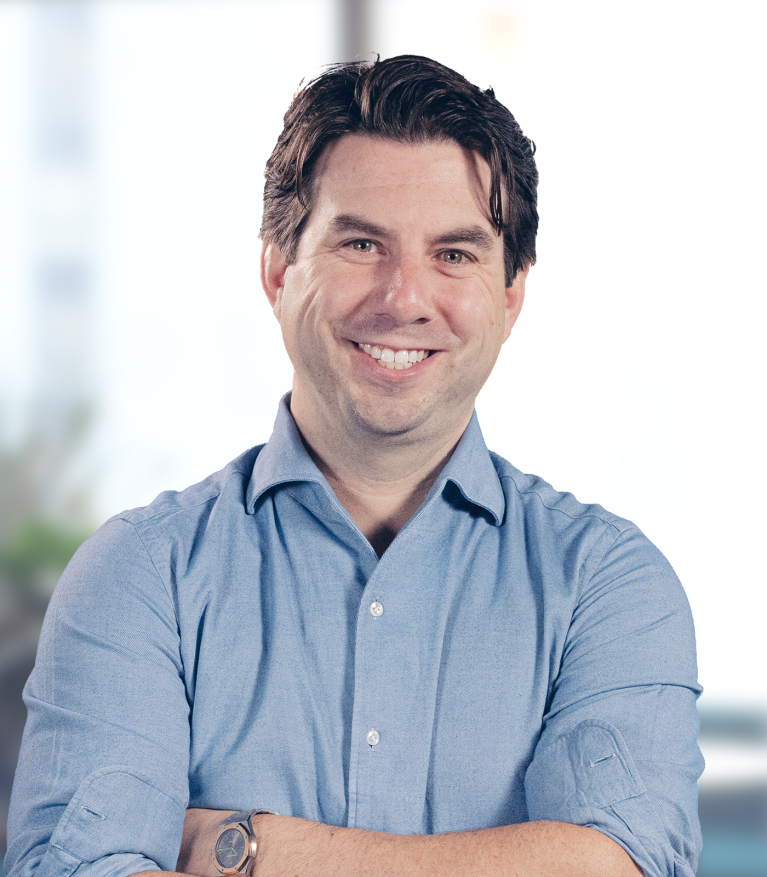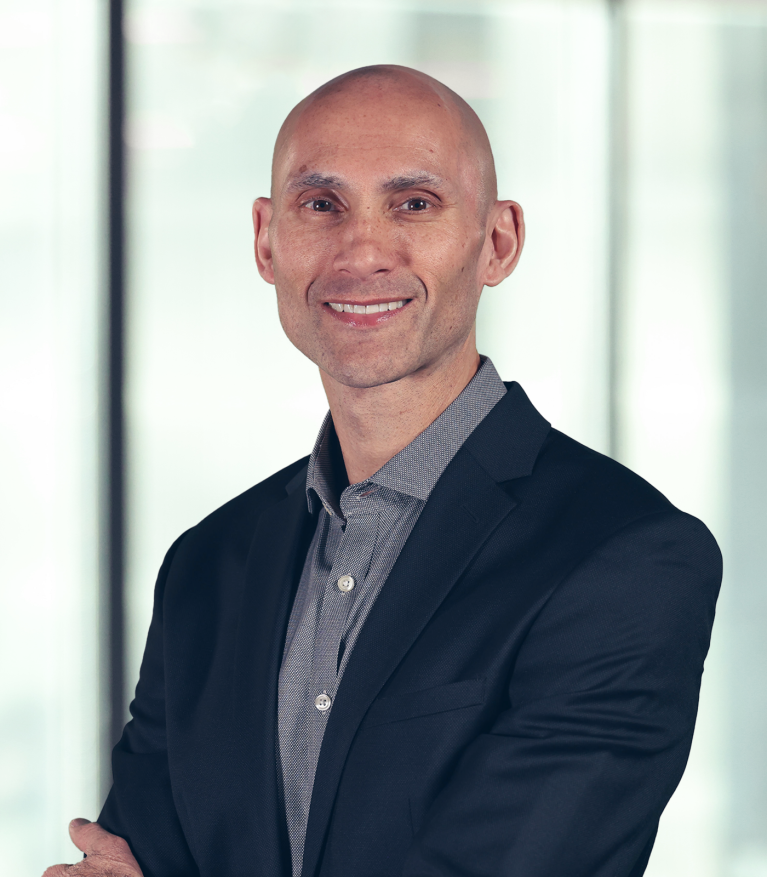Meet our people
Schrödinger’s collaborative leadership team is committed to achieving the best possible outcomes for our customers, partners, patients, and other stakeholders.
Schrödinger’s collaborative leadership team is committed to achieving the best possible outcomes for our customers, partners, patients, and other stakeholders.

Executive Vice President, Chief Commercial Officer, Global Head of Software Sales and Marketing

Executive Vice President, Chief Technology Officer and Chief Operating Officer, Software

Senior Vice President, Translational Science and Therapeutics Business Development
Chairman of the Board
President and CEO, Board Member
Co-founder, Board Member, and Scientific Advisory Chairman
Board Member
Board Member
Board Member
Board Member
Board Member
Board Member
Board Member
Co-founder, Board Member, and Scientific Advisory Chairman
California Institute of Technology
Columbia University
University of California, San Francisco
University of Maryland